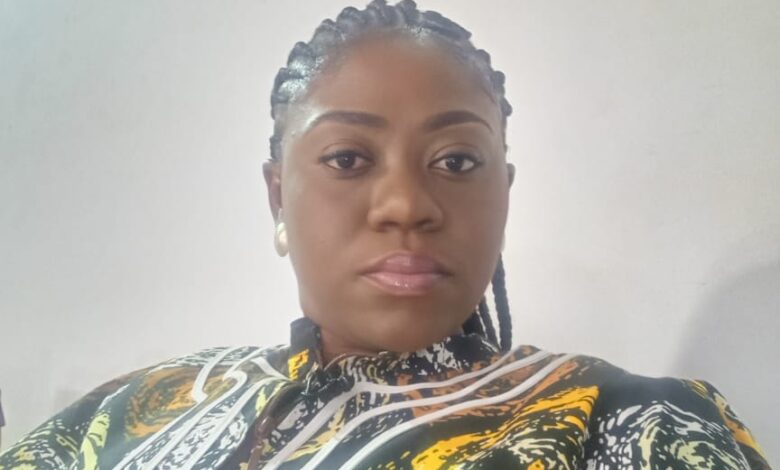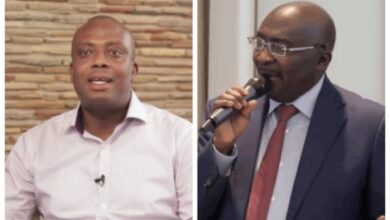
The rich and beautiful Ghanaian culture encompasses a fusion of dances, beliefs, practices, costumes, traditions, foods, and languages. The deep value placed on both tangible and intangible heritage has played a crucial role in shaping our identity over the years.
Despite the diverse realities surrounding the use of mother tongue education in Africa, many of these realities are rooted in unchallenged attitudes and misconceptions. The lack of literature on the successful application of mother tongues in the classroom and beyond has perpetuated these challenges. Consequently, there is a pressing need to emphasize the role of Ghanaian languages through inclusive education and continuous sensitization campaigns at all levels.
Indigenous/local languages, linguistically known as L1, serve as the first connection for socialization between a mother and a child. Language, integral to child development, shapes beliefs and conduct, contributing to character formation. Regular language communication enhances intuition, especially in children, broadening their knowledge scope and promoting literacy abilities.
Ghana, blessed with a variety of cultures, exposes its populace to numerous cultural activities, reinforcing the uniqueness of our identity. The mother tongue emerges as an indispensable tool for intellectual, physical, and moral development, crucial for promoting social-cultural and educational growth. A weakness in the mother tongue implies a paralysis of thought and expression.
Celebrating February 21 as International Mother Language Day, themed “Multilingual education: a pillar of learning and intergenerational learning,” is pertinent due to the depletion in our language. Acculturation and language imperialism, influenced by cultural relativity and linguistic determinism, have led Ghanaian parents to perceive their cultural languages as inferior. Additionally, migration for job opportunities has steered many away from speaking their beautiful native languages.
According to UNESCO, 40% of the world’s population lacks access to education in their spoken language. The use of learners’ own languages in schools provides a solid foundation for learning, boosts self-esteem, critical thinking skills, and supports inter-generational learning, language revitalization, and the preservation of culture.
Preserving our linguistic identity and culture in all aspects of life is a collective responsibility. Promoting the use of the mother tongue for effective teaching and learning in multilingual classrooms is a crucial policy. The involvement of stakeholders, policymakers, and innovative educational methodologies will contribute to a well-formulated policy to effectively promote Ghanaian languages.
Language holds global significance; it shapes thoughts, structures communities, constructs laws, explores customs, articulates values, and expresses hopes and ideas. Introducing coding techniques in our languages, promoting “No English Day,” and organizing competitions for speaking, writing, and reading Ghanaian languages will strengthen the pillars of our languages in the face of globalization.
This approach aims to influence perceptions about native languages, encouraging their effective use in communication at home and school, preventing language loss, and safeguarding the linguistic identity of Ghanaians. As we celebrate all languages worldwide, let’s leverage our languages to promote unity and harmony, especially as we approach the polls for a peaceful Ghana.
Written By Clare Asantewaa Afari – NCC (clare.afari@nccg.gov.gh) /For further inquiries, please contact AYM Kukah via email at kukahalexander7@gmail.com or phone at 0537654427.


